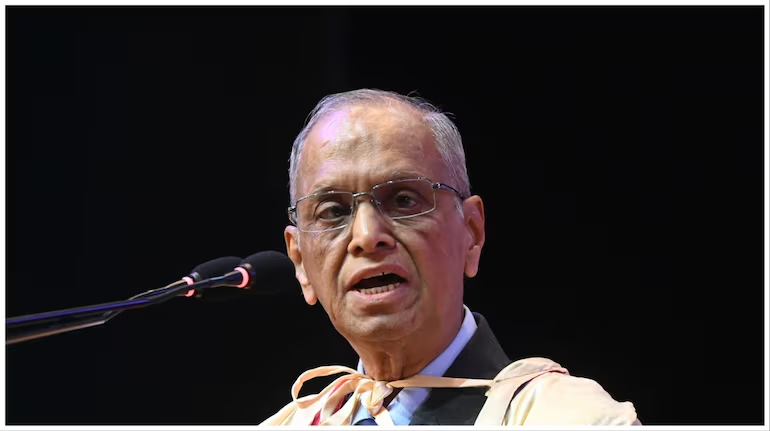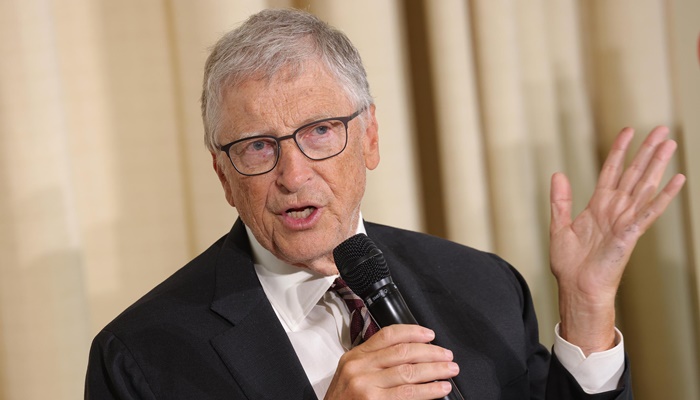The Brahmavihāras come from early Buddhist teachings and are considered the highest forms of emotional intelligence. The term “Brahmavihāra” can be translated as “divine abodes”, which suggests that living with these mindsets elevates a person to a noble state of being. These principles were taught as a means to cultivate ethical conduct, emotional resilience, and a sense of interconnectedness with others.
Buddhist traditions emphasise that practicing the Brahmavihāras leads to freedom from suffering and strengthens our ability to relate positively with others. The Four Divine Abodes are: Loving-kindness (Metta), Compassion (Karuna), Sympathetic Joy (Mudita), and Equanimity (Upeksha). While they originated in spiritual contexts, their application is universal—especially in leadership.
We at Aaroha – The Humanistic Leadership Project, conducted a survey in February 2025 among CEOs of large and medium enterprises to understand the key challenges when it came to the workplace. A key finding from this research was that the traditional employment contract—a mutual understanding of loyalty, security, and fair compensation between employer and employee—has been steadily eroding. In many organizations, employees no longer feel the assurance of long-term stability, while leaders struggle with disengagement, high turnover, and a lack of trust. Several factors have contributed to this breakdown. Like businesses prioritizing quarterly profits and the stock market sentiments, the changing needs of the new generation in the workforce, as well as the advent of ubiquitous technology that has resulted in unreasonable availability expectations from everyone leading to almost mass burnout.
Given this environment, organizations need a new leadership approach—one that rebuilds trust, fosters resilience, and prioritizes human relationships. This is where the Brahmavihāras, or Four Divine Abodes, come in. Let’s look at how we can apply these concepts and contextualize them in today’s workplace.
Metta (Loving-Kindness): This can translate to ‘Beyond Fear-Based’ Leadership
Workplaces are often built on competition, but fear-based cultures erode trust. Metta, or loving-kindness, isn’t about lowering standards—it’s about replacing hostility with respect. Leaders who practice Metta understand that employees perform better when they feel valued, not when they’re scared.
A study by MIT Sloan found that toxic workplace culture is 10 times more likely to drive attrition than compensation.
Metta in action looks like:
1. Leaders checking in on their teams without an agenda
2. Recognizing contributions without bias
3. Creating environments where employees are encouraged to challenge seniors with their point of view.
4. Delegating with trust
5. Welcoming new ways of working
Karuna (Compassion): This can translate to ‘Empathy Becoming a Business Strategy’
Compassion in leadership isn’t about handholding or lowering expectations—it’s about recognizing when people need support and responding accordingly. And more importantly recognizing that different people may need different types of support (time, resources, patience, teaching etc) and thus providing the needed support.
Companies that prioritize employee well-being see higher retention, engagement, and productivity (Deloitte, 2023). But real compassion isn’t just a well-being initiative; it’s embedded in leadership behaviors.
Karuna in action looks like:
1. Leaders listening actively to everyone on the team
2. Being vulnerable and allowing vulnerability and authenticity
3. Actively bolstering self-esteem amongst team members
4. Motivating everyone to challenge status quo and have a voice of their own,
5. Providing the support that is needed.
Mudita (Sympathetic Joy): This can translate to ‘Replacing Cutthroat Competition with Collective Success’
Traditional corporate culture thrives on rivalry, promotions tied to individual wins, and high-stakes competition. But workplaces that encourage shared success rather than zero-sum games cultivate stronger, more motivated teams.
According to India’s Best Companies to Work For (2024), Gen Z employees are 2.6 times more likely to be motivated when management delivers on promises and supports their growth.
Mudita is about celebrating others’ success rather than seeing it as a threat. Leaders who embrace it actively:
• Stay secure in themselves and are not threatened by those team members who are better than them. In fact, they look to learn from those who can teach them irrespective of where that person sits in the hierarchy.
• Encourage peer recognition, rather than just top-down praise. They encourage establish team goals instead of individual goals.
• Create mentorship networks where not only senior employees uplift junior ones but junior employees help enhance a senior’s perspective
• Foster a culture where learning from each other is the norm, not the exception. This includes learning and growing oneself with relation to others
Upeksha (Equanimity): This can translate to ‘being the calm sea in the midst of a storm’
In the face of high-pressure environments, difficult decisions, itically rife situations, and constant change, equanimity—or the ability to stay calm, fair, and objective—is one of the most underrated leadership traits.
Harvard Business Review (2023) found that emotionally reactive leaders contribute to higher stress levels among teams, leading to lower performance.
Upeksha in leadership looks like:
• Making unbiased decisions, free from favouritism or personal preferences.
• Remaining calm in crises, modelling emotional stability.
• Handling feedback and conflict without emotional reactivity
• Understanding the politics around and navigating it for the greater good of the organization
A New Leadership Model for a New Workplace
The old leadership models—rooted in hierarchy, control, and pressure—are cracking under the weight of modern workplace expectations. Employees are demanding more: more empathy, more purpose, and more trust. The Brahmaviharas, when translated into leadership behaviours, offer a framework that isn’t just about being “nice”—it’s about creating an environment where performance and well-being go hand in hand. Leaders who practice these principles don’t just retain employees—they build organizations where people actually want to work.
Our ask of you
Take time to reflect on the team you have and the stakeholders you work with and which of the abodes of combination of abodes you believe will be the best leadership you can demonstrate while working with them. Practice a few of the behaviours we have listed, see how they land, modify if needed and keep trying till you are able to be the leader everyone around you needs.






















